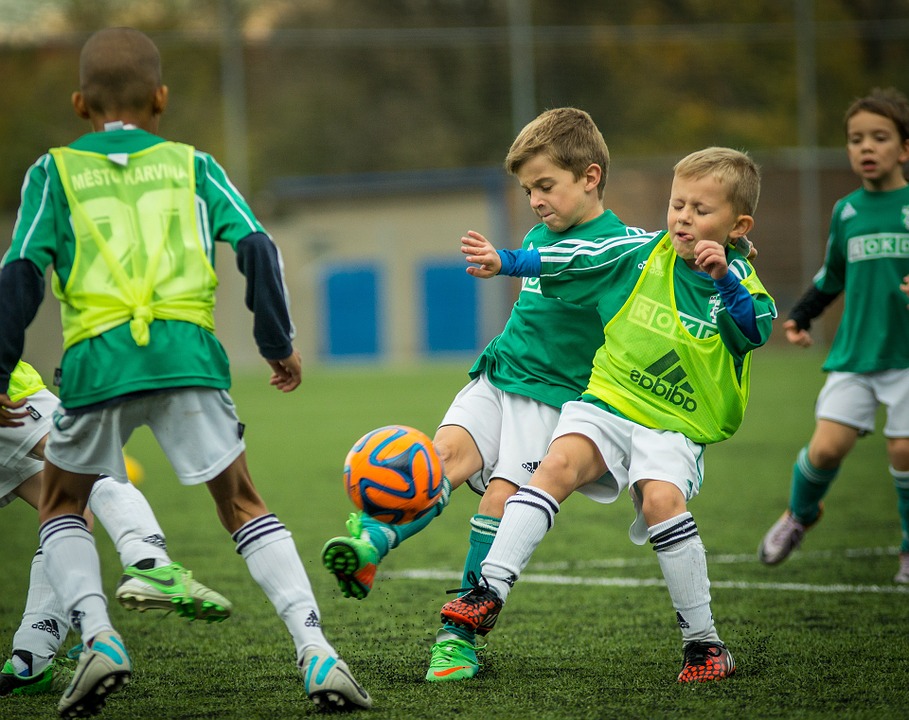Adapted from New Zealand Chiropractors’ Association (NZCA) Media Release 26th April 2017
Does your child play rugby, soccer, hockey, or basketball during winter? These sports, particularly for youth, have some of the highest rates of head injuries. This means it’s crucial to keep your child in regular contact with their chiropractor throughout the season.
Research is increasingly showing that concussion injuries not only affect the brain, but also the neck [1]. As you’ve probably heard in our office, many people affected by concussion don’t realise that a knock to the head can be really jarring to the neck and spine and potentially cause some damage. It’s also important to understand that headaches and dizziness can, in some situations, be related to dysfunction in the upper neck. These symptoms often get dismissed as coming from the mild trauma to the brain, but they generally respond well to chiropractic care [1]. The uppermost part of the neck protects the brain stem at the top of the spinal cord. So an injury to the neck from whiplash or a knock to the head can produce symptoms that are similar to a traumatic brain injury [3,4]. Neck strengthening makes perfect sense after an injury like this. However, it’s only one part of the very complex nature of concussive or sub-concussive injuries and whiplash.
The NZCA points out that`it is paramount the spine, and in particular the cervical spine and nervous system, are checked with any traumatic injury to the head. We know that concussions occur in all contact sports with the highest incidence in rugby, soccer, hockey and basketball. We also know that youth athletes may have a more prolonged recovery and are more susceptible to a concussion accompanied by a catastrophic injury [2].’ Mild traumatic head injuries are common in sport, with most individuals recovering in 7–10 days. A prolonged recovery might be indicated by a greater number, severity and duration of symptoms such as dizziness, neck pain and/or headaches after a concussion.
Research looking at a combination of cervical (neck) and vestibular (inner ear / balance) therapy by chiropractors with post-graduate sports training, demonstrated earlier [3] recovery by patients who underwent chiropractic care. Youths and young adults with persistent symptoms of dizziness, neck pain and/or headaches following a sport-related concussion were also able to return to sports sooner following chiropractic care [6]. Chiropractors commonly encounter concussed athletes in clinical practice and we make efforts as an industry to understand the importance of using standardised concussion assessment tools and current concussion guidelines. Athletes should be aware that chiropractic care to restore the proper function of the spine and nervous system can help in the post-concussive situation and also in the maintenance of spinal function and optimum athletic performance.
I f you or your children are on the field this season, maintain regular appointments with your chiropractor to help you bounce back from any injuries and keep performing at your best! Give us a call or book online today.
f you or your children are on the field this season, maintain regular appointments with your chiropractor to help you bounce back from any injuries and keep performing at your best! Give us a call or book online today.
References:
2. American Medical Society for Sports Medicine position statement: Concussion in sport
3. The role of the cervical spine in post-concussion syndrome
5. Supporting New Zealanders Living with Brain Injury: Concussion
6. Cervicovestibular rehabilitation in sport-related concussion: a randomised controlled trial
7. Impact of spinal manipulation on cortical drive to upper and lower limb muscles

0 Comments